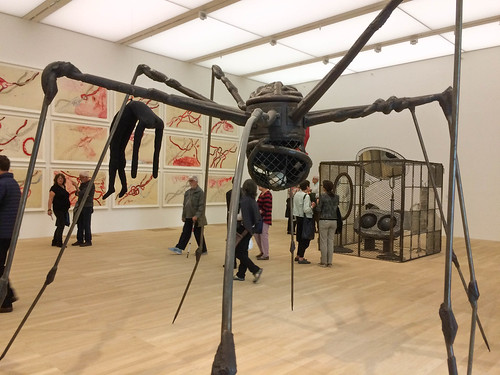
No-one in charge is doing it, so I thought I'd have a crack at a Brexit Plan.
I was going to call it the UK-EU plan but decided that Brefta is more catchy and a bit less sweary.
I'm more interested in the shopping list of main negotiation points rather than whether Boris gets a bigger throne.
Breaking down the few bigger items:
1)
Europe will want UK to pay. They will want the funds that UK has been providing and need to signal to everyone else that it's not a good idea to leave.
2)
Migration is now being fudged now by the Brexiteers, but will need to be fixed somehow. I'll convert it into a monetary equation. I know morally it's far more than that, but somehow a mechanism has to be established. Money talks etc.
3)
Services passports Not really being talked about, but the passport from London is a reason that many foreign Financial Services Institutions use it as their centre. Germany and France would both like a piece of the action, so we'll probably have to pay to get this.
4)
Red Tape can be used to stop everything and create years of piffle. I'll assume that UK will continue to need to follow relevant agreements for borderless trade and uphold workers' rights. I don't care about busy-bee stuff like bendy courgettes.
5)
Seats at tables EFTA zone tables only - ironically UK used to be in EFTA anyway. For trade this is probably OK and similar to the other EFTA members (Switzerland, Norway, Iceland, Liechtenstein). Although, I notice beer is far more expensive in both Norway and Switzerland.
6)
Other stuff There's probably years of trailing edge stuff to sort out. Being entwined with the paper mill of the EU for 40 years means there's a job for all those MEPs forever to hesitantly untangle the rest.
My point is to select a few key items and know how to handle them. Of course, there's other options like unilateral agreements with everyone, not wanting to pay for anything and so on, and the next three months could easily be spent by expensive and busy consultants drawing up all the variations. Plans of plans and so on.
What this really needs is someone with some leadership to drive the vital few things through.
Here's my costings:
A) THE COST TO THE UK
This won't be free and the cost of using EFTA will be some proportion of the current EU payment. I decided to use the UK GDP as the basis for the calculation (other big numbers are also available). That's £1,476 billion. Then the amount we pay into the EU after the initial £5 billion rebate. That's £13 billion.
I'll declare that as a percentage and use it as the ceiling figure in an EFTA discussion. In Table 1 I use the pragmatic cost of EU membership to drive an EFTA entry cost calculation.
I also discount the value of EFTA compared with EU, using 70% for this example. i.e. EFTA is 'less' than the full EU.
In Table 2 I replay the Table 1 based upon the rebates we get from EU. The revised starting figure is £9 billion. The rest of the calculation is the same.

In 'Landing Zone' terms, I'd put the EFTA membership cost somewhere between £5-9 billion. That should fix the trade agreements aspect, except for those passport things.
B) COSTING MIGRATION CHANGES
The Brexiteers want to set a new number for EU migrants. This was the biggest plank of their argument, although they are now distancing from it.
I decided to convert it to a calculation, where EU gets reciprocal benefit from any reduced influx to UK. It's a crude form of spreadsheeting but essentially I've costed each migrant at the equivalent of their theoretical economic value based upon an average UK salary (£26,500).
Whilst morally dubious, it gives a way to adjust the numbers in terms that the EU will understand (i.e. money).

Seeding the calculation with the current influx number of 180,000 gives a range of between £1bn and £3.9 bn as a charge to pay to the EU. My method here is really to try to find a basis for the negotiation, which will inevitably come down to money in the end.
Of course, the start number, the economic value of an individual and many discounting would all affect this, as coulee any reciprocity built into the calculation.
C) SERVICES PASSPORTS
That's the thing needed to allow the UK to operate as if a member of the EU for certain businesses, particularly virtualised ones such as Financial Services.
Instead of a calculation for this, I'd suggest that the EFTA arrangement includes certain areas as Free Trade Zones, so that, say, London or SCOTLOND could operate under special privileges. It could also weaken the need for Scotland to break away, if they enjoy special concessions as part of the UK.
D) THE REST
Most of the rest amounts to arguing about the bike shed instead of the power station. The longer the braying and scuffling is allowed to persist, the more real power stations and steel plants will come under new question.
Many would admit that the aftermath of the Referendum has been fairly iconoclastic. We are now in a hazy game with not one, but two busted flushes and need some proper players to get us out.


 He's the guy that threw sensitive parliamentary papers away in a bin in St James Park.
He's the guy that threw sensitive parliamentary papers away in a bin in St James Park. 









































